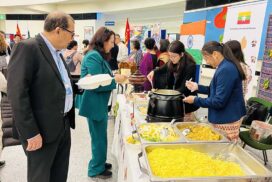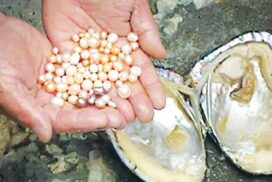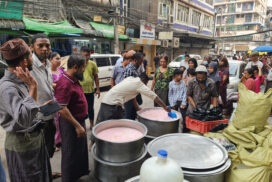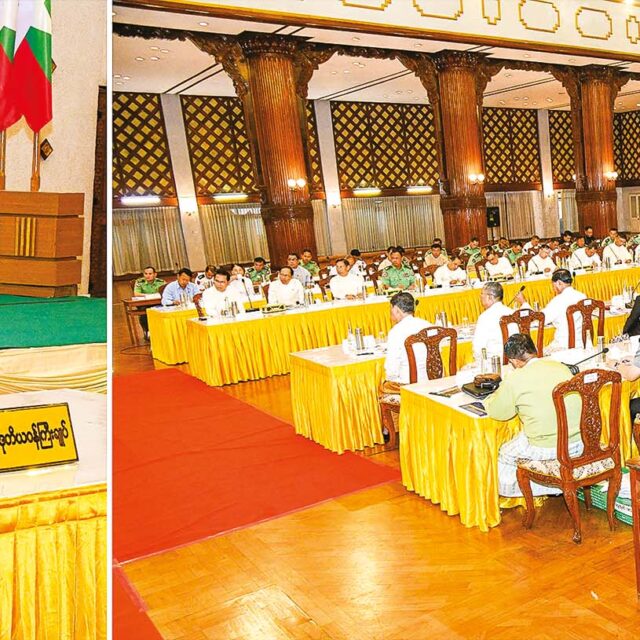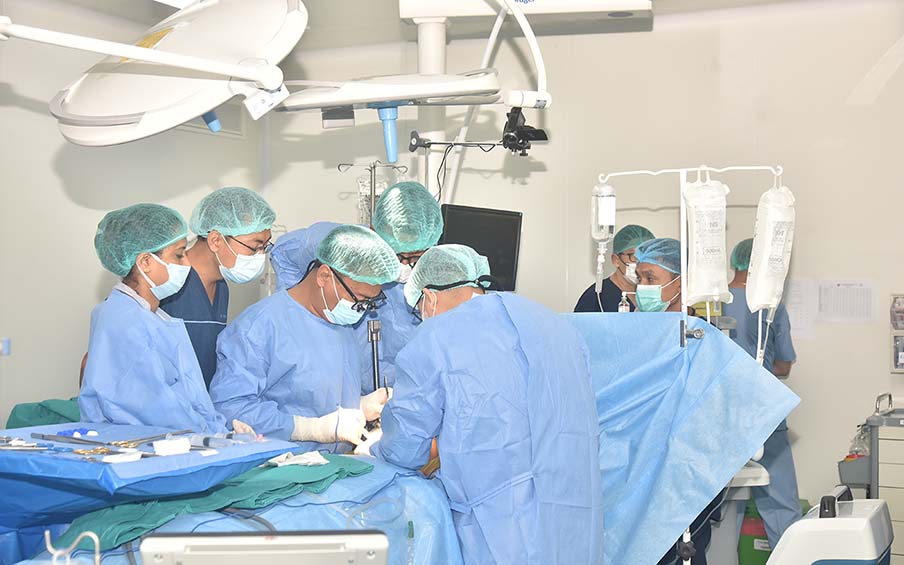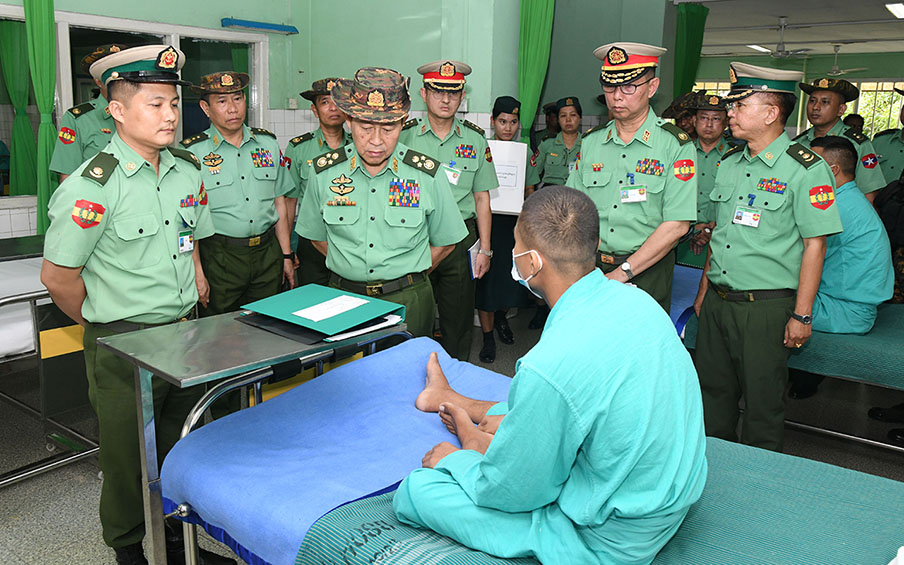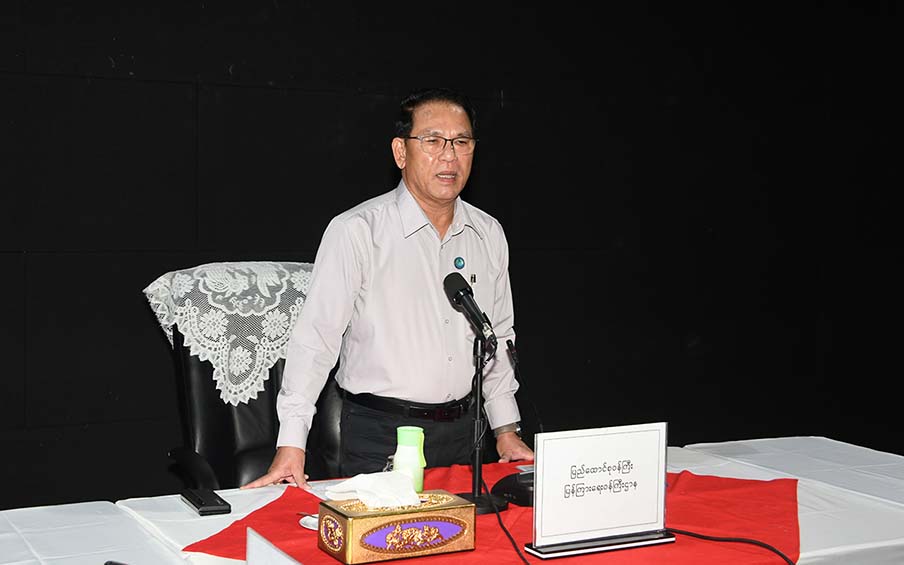Myanmar faces a critical challenge as a significant portion of its population confronts daily food poisoning and non-infectious diseases caused by the consumption of food products contaminated with infectious viruses, dyes, and chemicals. Sadly, despite awareness of these risks, individuals often have no choice but to purchase and consume unsafe food due to limited alternatives in their daily routines, resulting in a range of illnesses and foodborne ailments.
The World Health Organization (WHO) reveals that over 200 diseases, including diarrhoea and cancer, stem from the consumption of food containing bacteria, viruses, parasites, and chemicals. Shockingly, approximately 1.6 million people worldwide suffer from fevers each day due to the consumption of unsafe foods. Tragically, on average, 340 children under the age of five lose their lives daily due to diseases triggered by unsafe food.
To safeguard public health, it is crucial to implement comprehensive safety measures throughout the entire food production chain. This encompasses the processing, storage, and serving of hygienic and nutritious foods to consumers. By ensuring these practices, food retains its nutritional value and consumers are shielded from potential harm. Unfortunately, there are instances where the production of unsafe food occurs due to inadequate hygiene practices, expired storage, and lack of freshness. In many cases, manufacturers and business owners unintentionally distribute these hazardous food items without fully comprehending the negative impact on consumers.
Food processors, manufacturers, farmers, and animal farms in Myanmar must acknowledge their responsibility and be accountable for the safety of their products. Conversely, authorities face challenges in implementing robust food safety management systems and enforcing existing regulations, which are fundamental to ensuring food security. It is therefore crucial for relevant authorities to prioritize strict supervision of food security, enforce compliance with established standards for food production, and regulate manufacturing practices.
Myanmar recognizes the intrinsic value of food as medicine, emphasizing that medicine is also nourishment for the human body. Consequently, there is a collective aspiration to secure safe and wholesome food to mitigate the adverse consequences of an unsound production chain. To achieve this objective, it is imperative for authorities, food producers, and consumers to collaborate in manufacturing safe and secure food for the entire population.
As such, addressing food safety and security is a matter of utmost importance in Myanmar. By implementing stringent measures, enhancing accountability, and promoting widespread awareness, we can establish a system that guarantees the provision of safe and secure food for all. Let us unite our efforts to produce food that fosters and sustains the health and well-being of every individual in the country.
Securing safe and healthy food production in Myanmar
- June 25, 2023
- 537


